Health Starts with Science
Revolutionary Breakthroughs Are Changing Lives for Everyone
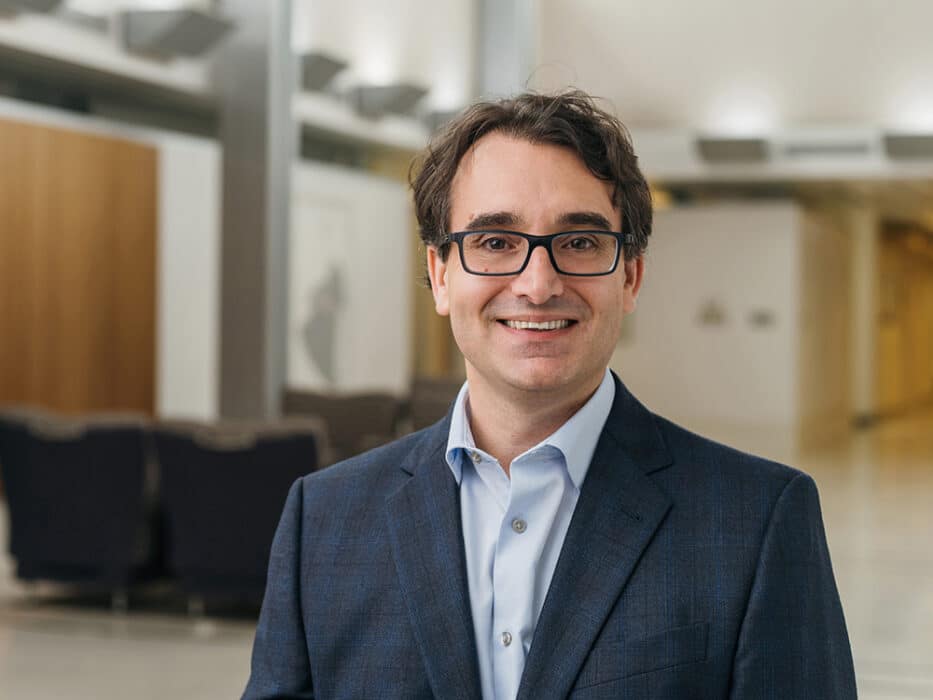
A modified tuberculosis (TB) vaccine developed at Texas Biomed could help treat a form of bladder cancer
Texas Biomed Professor Jordi B Torrelles has spent his career studying tuberculosis (TB). As part of his efforts to improve the TB vaccine, called BCG, he and his team successfully removed components from the vaccine that cause inflammation. BCG is also the gold standard treatment for a common type of bladder cancer. It works extremely well, but hardly anyone can handle the severe side effects. Dr. Torrelles partnered with UT Health San Antonio to see if the modified BCG reduced those side effects. Preclinical studies in mouse models and human cells show promising results, and the collaborators are poised to move into clinical trials. This is the power of fundamental, curiosity driven research – a discovery in one field could have a profound and totally unexpected impact on another.
Texas Biomed where discovery is in our DNA.
Science Gave Me a Future
Infectious diseases impact everyone. Each of us will suffer from an infection in our lifetime. These infections can be life-changing, and for millions of people worldwide, these diseases can mean losing loved ones too soon.
Science must keep up. Texas Biomed plans to double its scientists and resources in the coming decade to meet this challenge and save lives – lives like those of Texas Biomed’s Science Advocates.
Richie, Rex, Janeli, Bryan, Diana and John bravely share their stories. Their lives have forever been changed by infection, and they are standing up and speaking out in support of the scientific advances, like those being made every day at Texas Biomed, which have given each of them a brighter future.
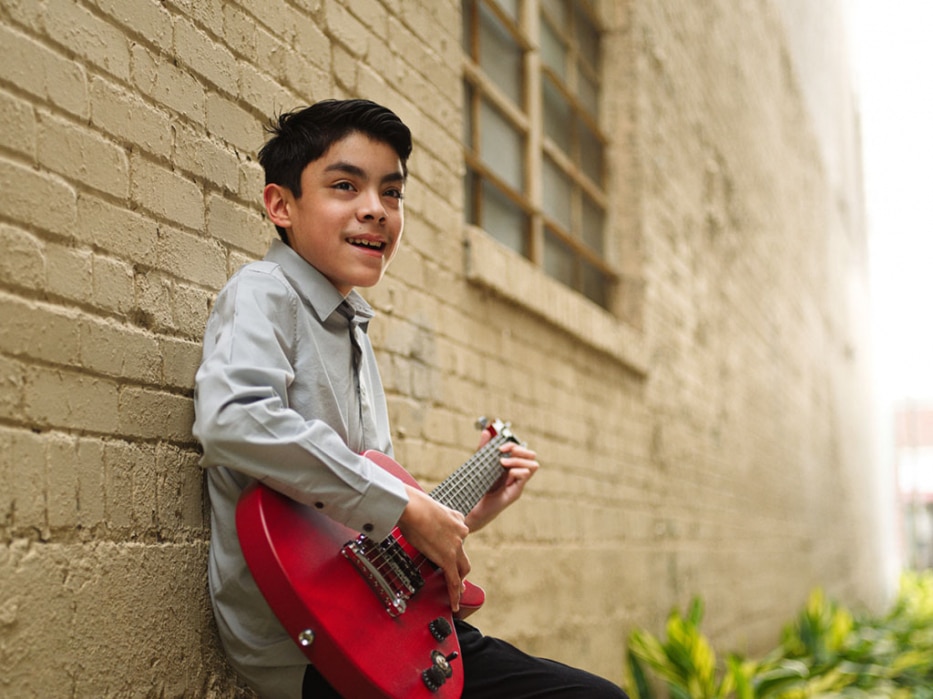
Richie Carrion
Richie Carrion weighed only 1 lb. 15 oz. at birth. Doctors told his parents, Tricia and Ricardo, that Richie had a 50 percent chance of surviving.
It was 2009. Ricardo recalls Richie made one small cry that sounded like a kitten’s cry before he was whisked away to a neonatal intensive care unit. There, he was placed on a breathing apparatus called a neonatal high-frequency ventilator. This ventilator acts as the lungs for a newborn, supplying critical oxygen necessary to live.
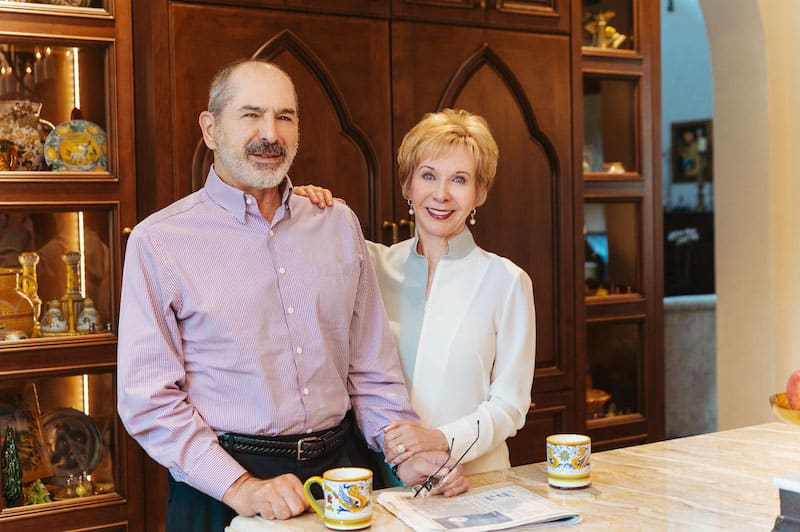
Rex and Deborah Amini
The quintessential Texan, Rex Amini carries himself with authority. His wife, Deborah, describes him best, “He has always been this larger than life person, stronger than anyone I have ever known. He has this tough veneer, but I know it is just a veneer.”
A family man, Rex has three children. He runs an oil business with his brothers, spends time with Deborah on a variety of charities focused on inner-city education initiatives, and is a self-described outdoorsman.
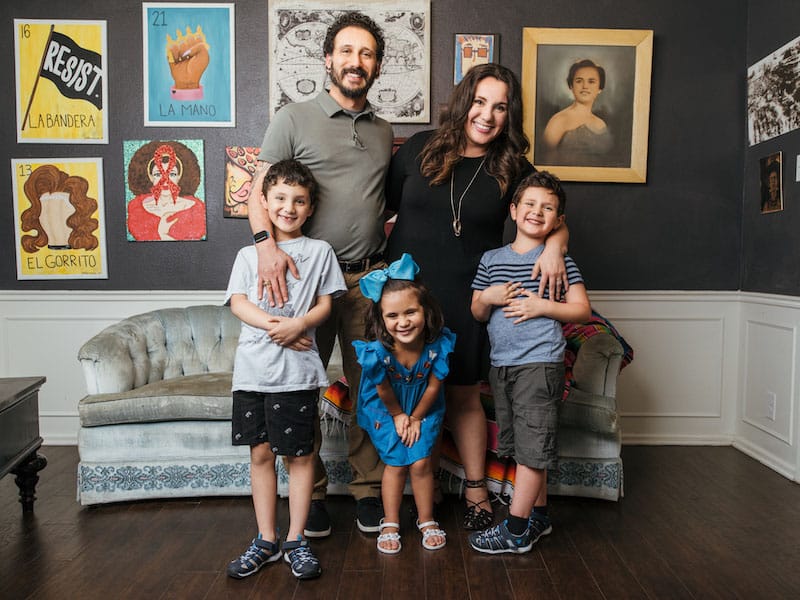
Janeli Castrejana
Mornings are busy at the Castrejana household. With three children to cart to school before she heads to work, Janeli Castrejana has gotten good at multi-tasking. The 30-year-old San Antonian always dreamed of becoming a mother. A health crisis in her early 20s could have robbed her of the joy of having a family.
Janeli contracted HIV, the virus that causes AIDS when she was only 21. “I was devastated,” she said. “I thought my life was over. I thought I was going to die.”
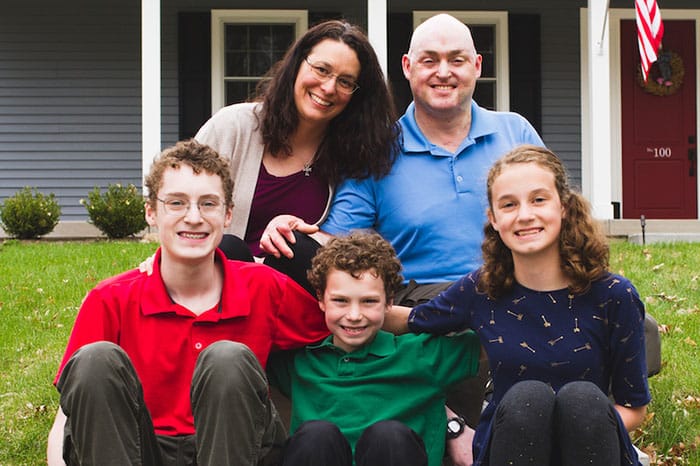
Bryan Forney
Just after the holidays in 2012, U.S. Marine Corps Lt. Col. Bryan Forney kissed his wife and three children and told them not to worry – he would be back soon. A helicopter pilot, Bryan was heading out for an operational deployment including the annual, multinational Cobra Gold military exercise in Thailand. He was scheduled to return back to his station in Okinawa, Japan in a couple of months and was expecting to retire from flying after this tour.
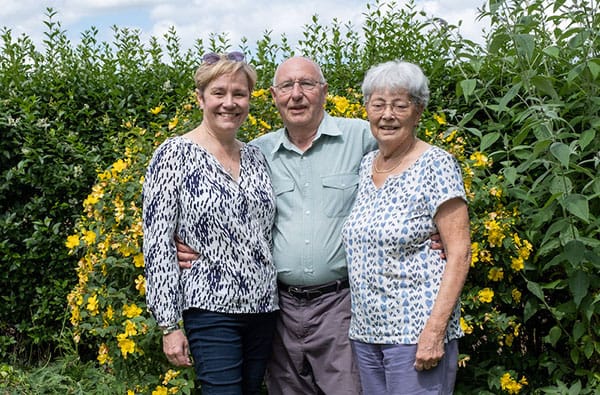
Diana Turner
A retired business owner from Histon, England, Diana Turner, now 74, stays active gardening, swimming, hiking and bowling with her husband, Malcolm. She has a sweet laugh and a no-nonsense attitude – quintessentially British.
In 2005, just after celebrating her 60th birthday in London, Diana was watching her husband play indoor bowls when she started to feel a bit weak and tired.
“Someone was smoking near me, and my throat started to feel hot, and I just felt tired, so I left to go lie down,” she recalled.
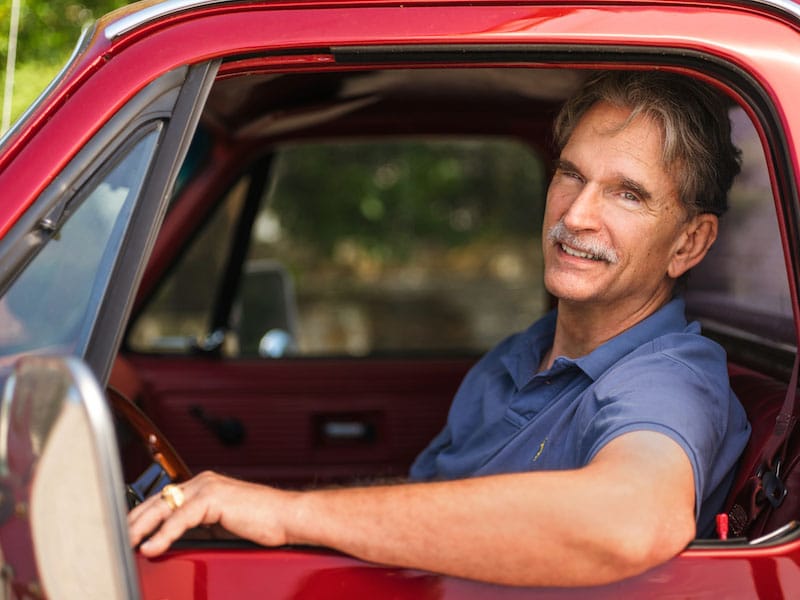
John Lyons
John Lyons does not know how he got hepatitis C. Doctors told him he may have acquired the insidious blood-borne infection during his service in Vietnam or gotten it from a 12-pint blood transfusion following a car wreck in the late 1970s, long before the blood supply was screened for the virus. What John knows is that hep C lurked in his body for years, seriously damaging his liver.
“When doctors told me I had elevated liver enzymes, I had no idea what they were talking about,” John remembers.
100% of your donation goes to the TxBioMed Capital Campaign
Pilot Project
Science driven by you for you!
As America’s only independent, nonprofit research institute with a fully integrated primate research center and the highest level biosafety laboratories in the world on one campus, Texas Biomed aims to save lives as fast as possible.
Combining its regulated, ethically-run primate center and biosafety labs with the expertise of more than 75 scientists, the Institute is speeding up the development of vaccines and therapies for some of the world’s deadliest diseases.
With a vision to double the size of its workforce, recruit leading scientists in the field of infection and immunity and create a collaborative environment that advances discovery, Texas Biomed is transforming how innovations move from the lab to loved ones. Because, the goal is to eradicate infectious diseases, and give us all a healthier future!